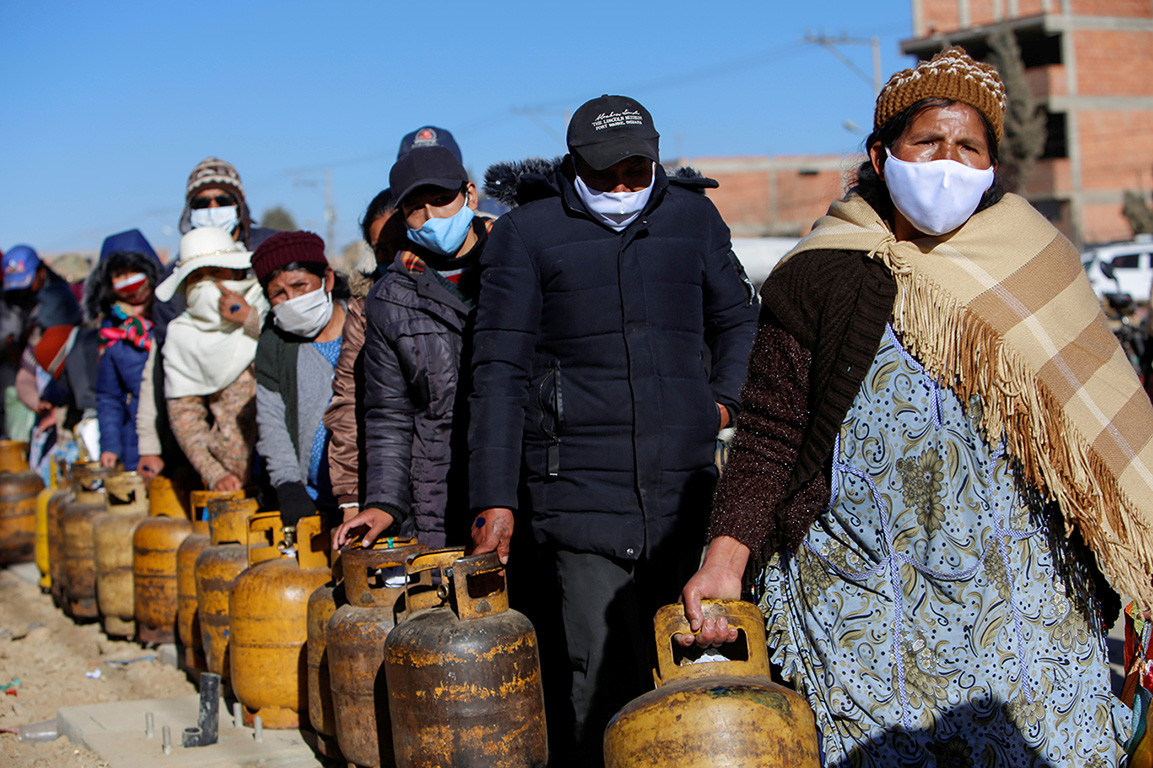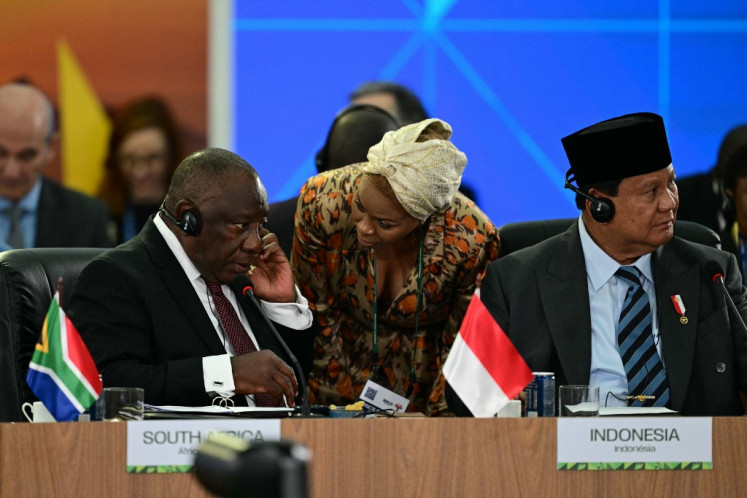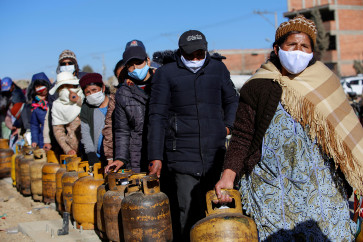Popular Reads
Top Results
Can't find what you're looking for?
View all search resultsPopular Reads
Top Results
Can't find what you're looking for?
View all search resultsImpending climate change dilemma from global energy crisis
The crisis may put immense pressure on countries to move toward a cleaner energy system and leave fossil energy, despite the initiation from several financial institutions for no-coal pledges in some regions.
Change text size
Gift Premium Articles
to Anyone
T
he global energy crisis will most likely overshadow the 26th United Nations Climate Change Conference (COP26) as hindrances to sustainable energy transition and the world’s heavy reliance on fossil fuels still pose a massive problem in the climate discussion. There is the remaining question of the role of the fossil fuel industry in the climate crisis.
As Michael E. Mann points out in his book The New Climate War: The Fight to Take Back the Planet, fossil fuel producing giants have been known for waging campaigns to challenge scientific evidence to block every policy to reduce carbon emissions. He reveals how fossil fuel companies have funneled their immense resources to support disinformation campaigns on climate change since the late 1980s.
Mann points out that fossil fuel giants continue to exert deflection campaigns as their new strategy. They are manipulating social media and other digital platforms to create clashes and controversy on climate issues. Mann describes the campaign as a tool to divide the climate advocacy community by exploiting a preexisting rift between climate advocates on the importance of individual action and the need to focus on collective and policy action. Furthermore, Mann explains how fossil fuel companies promote the narrative to debilitate arguments about the detrimental impacts of climate change and undermine the sense of urgency to address the fossil industries' contribution to global warming.
The outcomes of their campaigns create more dilemmas within society to mobilize necessary action for climate justice, as some people see it as an impossible project. Unfortunately, this only benefits the industry with denial and delays as it continues its environmental violation through fossil fuel burning.
The consequence of denial and delays becomes more dangerous as we witness the physical evidence of the climate crisis. The world population in 2020 reached 7.8 billion people, with the amount of carbon in the atmosphere passing 415 parts per million. People worldwide are witnessing the rise of sea levels, massive drought and heatwaves, more intense hurricanes and rainy seasons, and food scarcity in some countries due to crop failures. It is clear that the future is not in fossil fuels, and the industry campaigns and its greenwashing only exacerbate the environmental consequences.
Meanwhile, an energy shortage has hit China, India and some western countries. The price of coal, oil and gas have skyrocketed by 95 percent since May as the world economy started to recover from the pandemic. Oil inventories were only at 94 percent of their usual level, European gas storage at 86 percent and Chinese and Indian coal storage down to below 50 percent, according to an Economist magazine report.
China is experiencing power cuts in some regions as a result of its attempts to curb emissions, the rise of coal prices is affecting productivity in India, while Europe is facing a crisis in its natural-gas market. As the host country of COP26, the United Kingdom is also considering reopening its coal power stations as the ongoing crisis affects its businesses and homes.


















